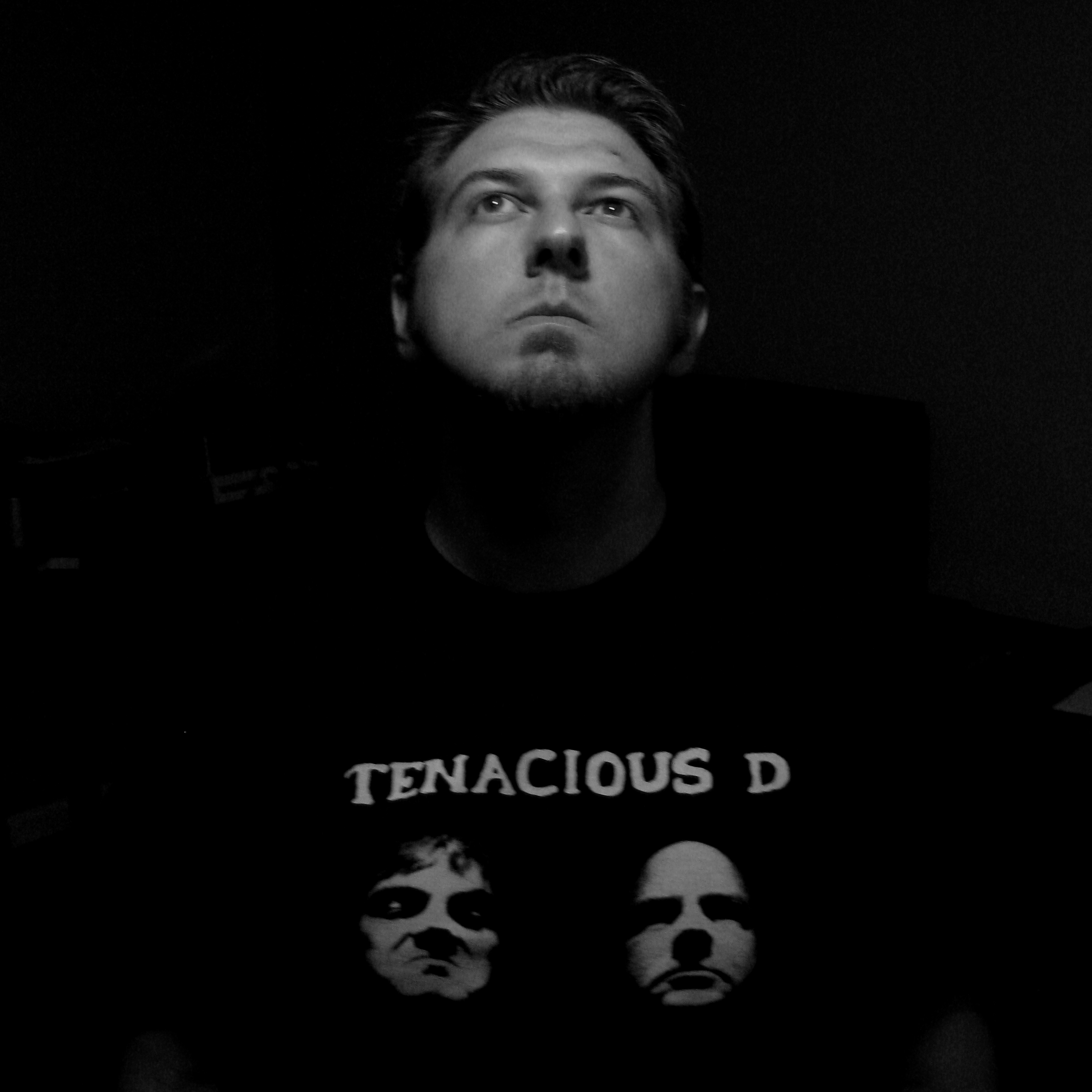I’ve been backing up to a dedicated hard disk within the same server for all my backups in case my disks fail. And as I run more and more services, the concern of disks failures grow bigger.
I’m looking for a cheapish off-site backup solution and I’m just curious what everyone does for their 3-2-1 backup solutions.
Crashplan can’t tell the difference between local folders and NFS mounts, and they have an unlimited size backup plan per device for like $10/month. I have 1 device with NFS mounts from many desktops and my Nas. About 9TB.
Are you saying, theoretically if I had 100s of TB (I don’t… yet!) on mounted drives (local or NFS shares), I could back it all up to Crashplan, and keep the retention as long as the files still exist on my device(s)? Sounds amazing, but what’s the cost of restoring the data? They’re not being very loud about that part on their website.
Yes. Look here, the plan is per-device, and the capacity is unlimited: https://www.crashplan.com/pricing/ . I think the restore would be extremely painful, it’s not a fast pipe, but the bigger you go that’s gonna be an issue no matter what.
Raspberry Pi - USB HDD - borg backup - parents home :)
restic hourly backup to external SSD + idrive e2
Do you have any family or friends that are willing to let a small NAS sit around somewhere? Or host a friends backup and return they host your backup? For me, this approach works well and is probably as cheap as it can get. To just backup some data over the internet, any cheap old NAS will do. I have an old NAS sitting at my parents and just manually turn it on when I’m visiting. A small startup script runs rsync without further interaction and shuts down when finished.
follow up - i never considered offsite backups for my data. i have a ds920+ that’s got some big drives in it and thats all i need. but after reading this post i considered backup. what i went with was a qnap ts233, a wifi adapter, and 2 6t’s that i had replaced with bigger ones on my syno. My syno is my daily driver and the new qnap sits on my work desk at the office, syncs with the syno, and backs up my photos and docs. Happy with this back up method. Thanks for the great post.
2 spare drives and a safe deposit box ($10/yr). Swap the bank box once a month or so. My upstream bandwidth isn’t enough to make cloud saves practical, and if anything happens, retrieving the drive is faster than shipping a replacement, nevermind restoring from cloud.
Of course, my system is a few TB, not a few dozen.
Restic to Wasabi.
I used to use Backblaze B2, until I did the maths on how much it would cost me to restore. B2 storage is cheap yes, but the egress is so fucking expensive. It would have cost me hundreds.
Wasabi storage is equally cheap, and restoring won’t cost me an arm and a leg.
I use the following scripts for Restic: https://gitlab.com/finewolf-projects/restic-wrapper-scripts
wasabi is cheaper than B2 unless…
- you store less than 1TB (they charge for a minimum of 1TB even if you store nothing)
- you pay for any data you upload for 90 days minimum… so if you upload 500GB and then delete it within 90 days, you’re paying for it for the duration anyway…
- You can only download the same amount as you store in a month without incurring egress costs.
The 3 points above are how they can not charge egress for the majority of people.
Ah yes automated backups, on my to-do which I’ll hopefully do before a failure (famous last words). People talking about backblaze b2. I just looked. Why not use the personal one? The one computer would just be the Nas if using it for cold storage/redundancy?
To copy a comment from reddit:
HTWingNut: Backblaze Personal only works with Windows PC's and Mac, and drives that are physically connected to the computer. No VM's, no network drives/hardlinks/symlinks, etc. You have to use their software to backup too. As someone else noted, for recovery you can grab files in 500GB chunks as a zip, or 8TB drive mailed to you (free of charge up to 5 per year). Data needs to be retained on your local drives otherwise it will delete them from their servers after 30 days unless you upgrade to their 1 year retention plan. I have a Windows PC that is on 24/7 for a number of things, and I just put a hard drive in there that I backup my most important NAS files to that, and it gets backed up to Backblaze Personal. Backblaze Personal is cheap and I see the appeal, but you have to understand and live with those caveats for "unlimited" backup.I use B2 with rclone and just backup “important” stuff on my NAS with cron jobs. I guess you could have rclone move the “important” stuff from NAS to a “burner” PC which uses Backblaze Personal.
I don’t have enough data to warrant all that so I use B2 for now and I have around 50GB of data so the price is cheap
I have a Hetzner storage box which also has a borgbackup server installed.
I have a 2 x 8TB in RAID1 NAS at a family members house and I also have an OVH dedicated server with 2 x 480GB in RAID1 and 2 x 8TB in RAID1. I use rclone for my backups and keep deleted files for 30 days on the NAS and 120 days on the OVH dedicated server. Both the NAS and server connect back to my home network using WireGuard.
The OVH dedicated server also runs numerous virtual machines that host websites as well as backups of my netbox and mediawiki instance I run at home(they sync nightly).
If you ever get raided by the Feds they’ll probably raid your friends and family’s houses too so it is generally advisable to avoid using friends and family for offsite storage.
Is getting raided by the FBI something most people worry about?
I don’t worry about getting raided by the FBI at all since I don’t live in the US lol
But apparently some people worry about it…but if those same people knew how to protect themselves while using the internet they wouldn’t need to worry at all.
First they’d need a reason which they won’t find or have.
Secondly in my 20+ years working in IT and using the internet I’ve never once heard that statement about it being “generally advisable to avoid using friends and family for offsite storage”. Needed a good laugh. Thanks.
What is the alternative?
I won’t go into my solution here, but the only tip I’ll give you is don’t use cloud based storage. Restoring is slow if we’re talking terrabytes, it’s expensive compared to buying a disk and your data is never truly safe.
Buy another drive, backup to it and have it on a rotation schedule. I keep my “offsite” backup in the boot of my car. If I’m not at home I’m usually away with my car.
Storing a hard disk in a car or any other moving vehicle is highly not recommended. The vibration will kill your drive. There are stories of companies moving drives on trolleys across their carpark to find the data has been lost.
they are in a shock proof and waterproof containers
Honestly, I don’t. The vast majority of my data is just stuff like Linux ISOs that I could download again. Important documents and stuff like that take up so little space that I just keep them in Google Drive. Most of my personal project work is on GitHub. And while neither of those are technically backups, it’s not a tragic loss if I accidentally delete everything.
Do you at least encrypt those documents?





